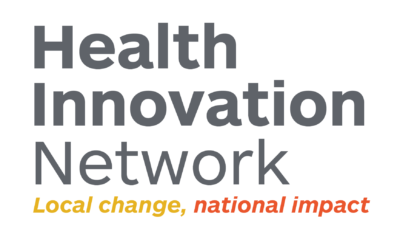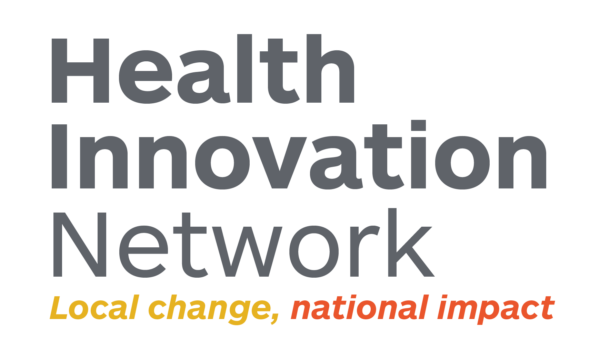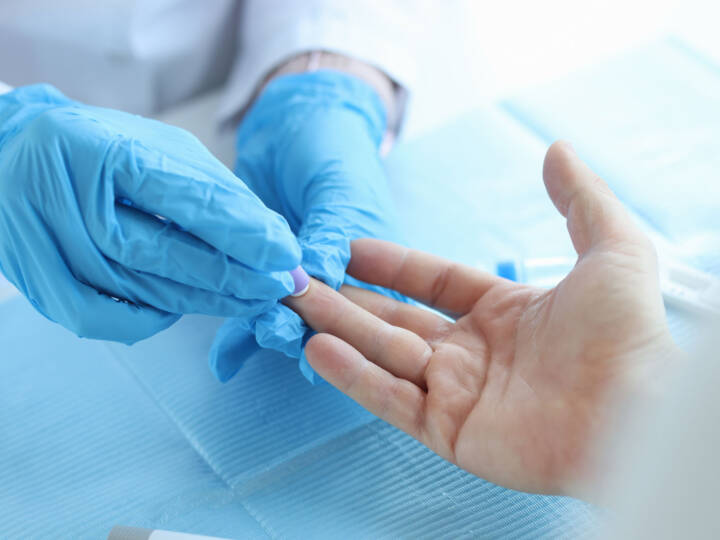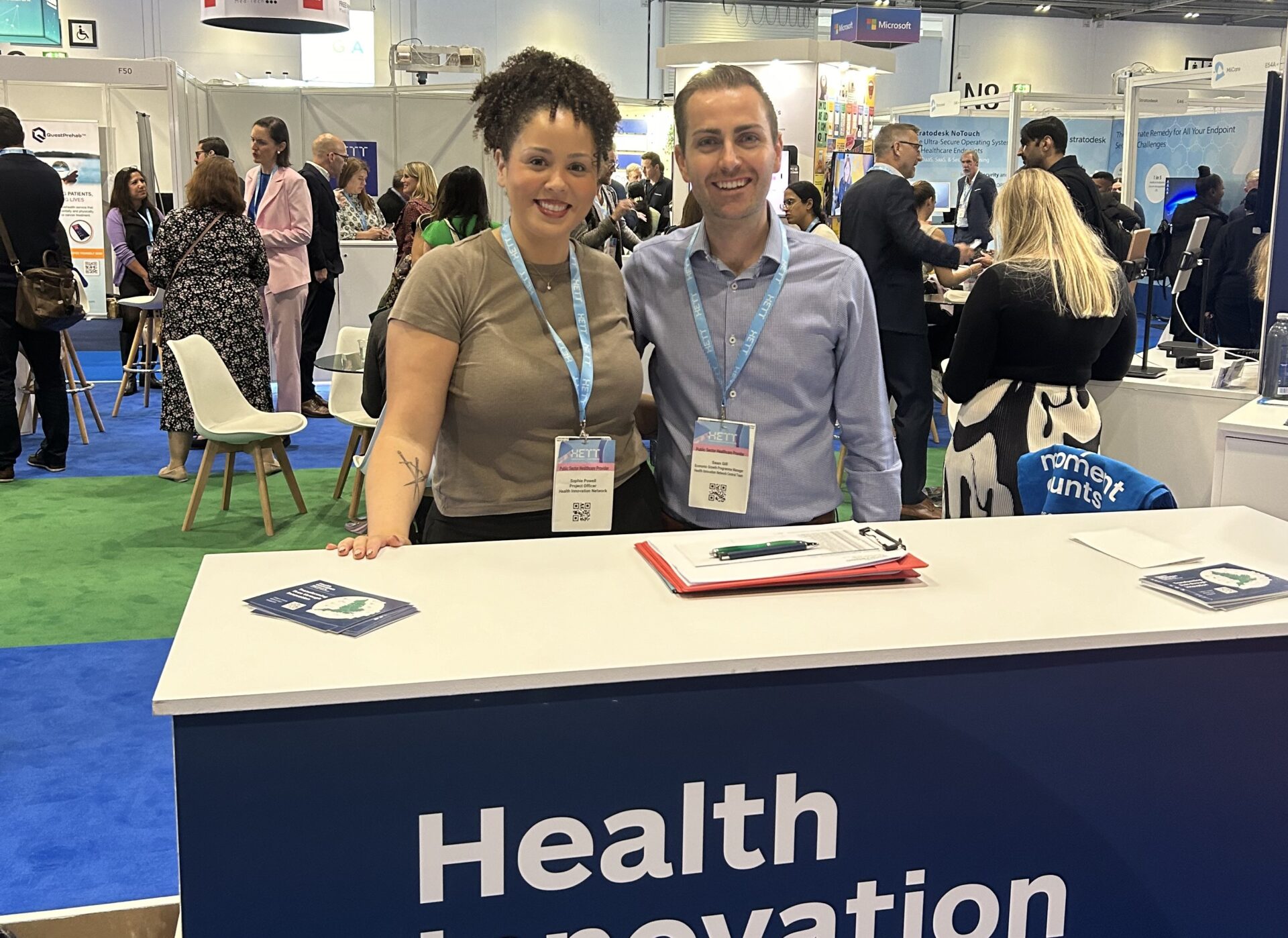Upfront Diagnostics’ patented blood-based diagnostic LVOne identifies Large Vessel Occlusion (LVO) strokes within minutes, with 95% accuracy.
Summary
By rapidly identifying LVO strokes, patients can to be taken directly to specialist hospitals where they can receive urgent treatment. The test can increase a patient’s chances of complete recovery by 20% and saves 97 minutes of vital time on average. If the test was to be adopted across the NHS, it could allow up to 15,000 LVO patients to receive urgent treatment as quickly as possible, improving their quality of life and having a direct cost-saving impact on the NHS. Upfront Diagnostics received £900,000 in SBRI Healthcare Funding, and inclusion on the NHS Supply Chain Framework.
The innovation
The LVOne test is the first of its kind and uses blood biomarking to identify LVO strokes within patients quickly. The test requires a finger prick of blood, drawn by a technician, and can identify an LVO with 95% accuracy. Its ease of use and cost-effectiveness means the device can be easily implemented into current systems.
How the innovation has helped patients and the NHS
Current means of identifying LVO strokes involve a brain scan and require a trained radiologist to interpret the results. This test is the first of its kind, using a finger prick of blood, which can be drawn by a technician and does not require a specialist consultant. Its ease of use and cost-effectiveness means it is easier to implement in current healthcare systems than competitor technology.
Introducing the LVOne test to the NHS, could allow up to 15,000 LVO patients to be directed straight to specialist hospitals and save vital time in the treatment process. By saving potentially 70-90 minutes of treatment time per patient, the test could increase their chance of a complete recovery by 20%.
This would directly impact a patient’s quality of life, by reducing their time in hospital and the risk of death and life-long disabilities. The test would also reduce the need for ambulance transfers, repeated brain imaging and the length of hospital stays, which has a cost-saving impact across the NHS.
As LVO strokes disproportionately affect people from disadvantaged backgrounds and marginalised communities, the LVOne test would reduce the additional burden of disability for these individuals and their families. This would contribute to minimising health inequalities across the UK.
How we supported
Health Innovation North East North Cumbria provided funding for both the Phase 1 and 2 SBRI bids, which allowed the company to develop prototypes and manufacture the product. The network will support the national adoption of the LVOne test by facilitating introductions to neighbouring commissioners from different ICSs. The team will also facilitate the LVOne onto a procurement framework, such as the NHS Supply Chain.
“Long-term relationships between the public and private sector are paramount for the success of this type of project. The work with the health innovation network allowed us to engage early with NHS stakeholders and to develop a product that fits perfectly into the NHS.”
Edoardo Gaude, Chief Science Officer at Upfront Diagnostics

Innovation should be at the heart of the NHS 10 Year Plan. Delivering the three shifts and reducing waiting lists simply won’t be possible without innovation. At the Health Innovation Network, we are the innovation adoption experts. We’ll be offering expert advice and support to anyone with an interest in health innovation at this year’s [...]

Tackling health inequalities remains one of the greatest challenges facing the NHS and the wider health sector today. The Covid-19 pandemic exposed how deeply entrenched these disparities are, underscoring the urgent need for innovative and comprehensive approaches to address them. Advances in digital technologies, data analytics, workforce development, and community partnerships present a unique opportunity [...]

We are delighted to publish the Innovation for Healthcare Inequalities Programme (InHIP) impact and learning report. NHS England’s InHIP programme is a collaboration between the Accelerated Access Collaborative (AAC), NHS England’s National Healthcare Inequalities Improvement Programme and the Health Innovation Network, delivered in partnership with integrated care systems (ICSs). It aims to address local healthcare [...]

